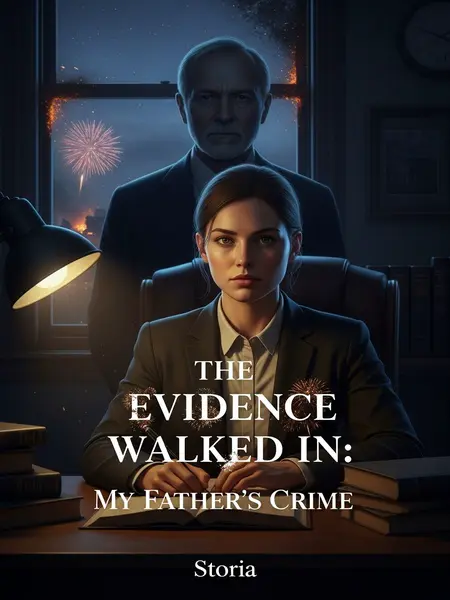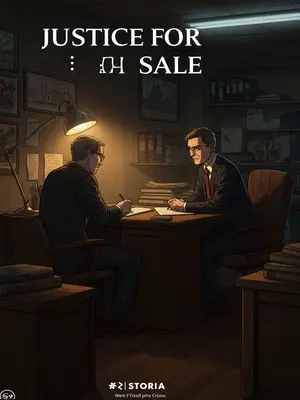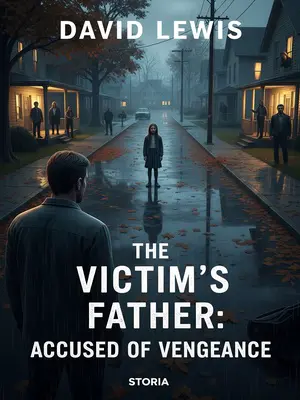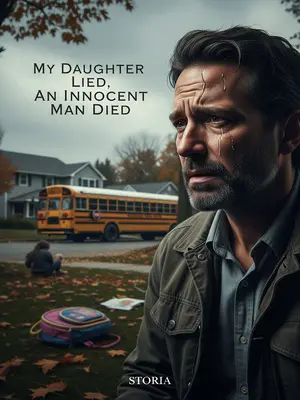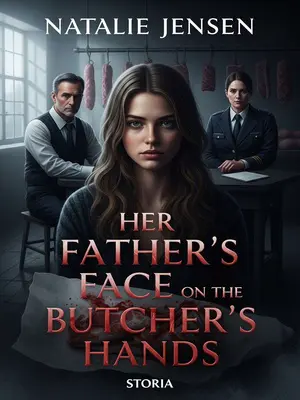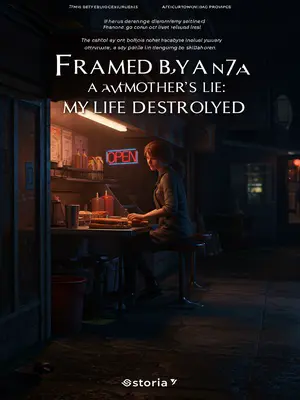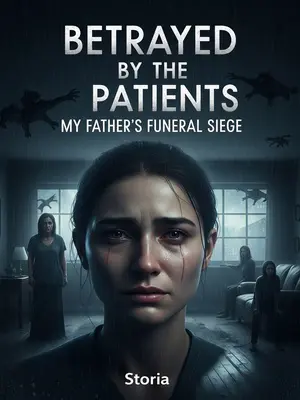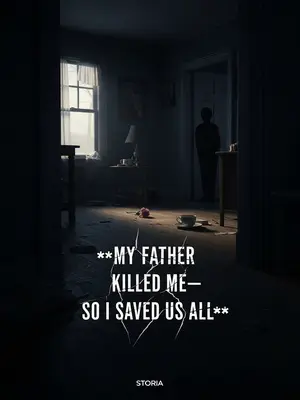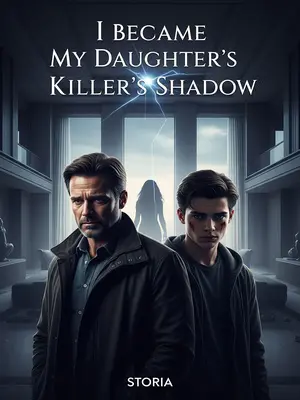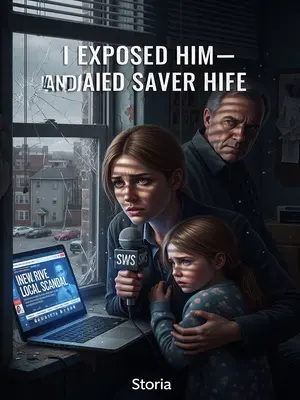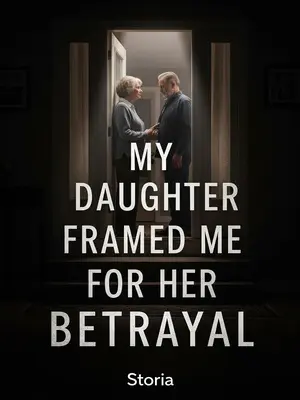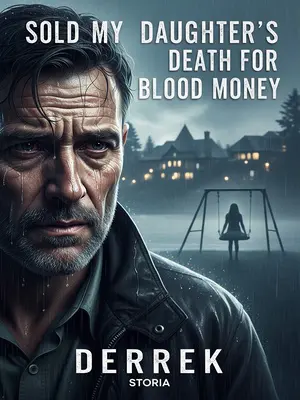Chapter 6: Poverty, Pride, and Fireworks
Tyler was the only son of the plant manager and the future heir to the fireworks plant. His family was wealthy and influential; he was always at ease.
But my family was poor. My father worked alone and had an average position at the plant; my mother was in poor health and walked with a limp, requiring expensive medical care every year. We had no savings, and every penny had to be carefully planned.
We lived in a rented duplex at the edge of town. My mother shopped with coupons, and every month she tallied bills at the kitchen table, sighing over every extra dollar spent on her medications. Our world was one of hand-me-down coats and counting change at the grocery store.
My father softly thanked him, then limped over to me and took my hand to leave.
I remember squeezing his fingers, trying to will some of my own childish strength into his battered frame.
That day, my mother was at home making her specialty—grilled cheese and tomato soup. She immediately noticed my father’s injuries: a large black shoe print on his chest, dejectedly holding my tear-streaked self.
The kitchen filled with the smell of melting cheese and the sound of my mother’s sharp intake of breath as she took in the sight of us. She dropped the spatula, rushing over to help, anger and worry warring on her face.
After learning what had happened, my mother was furious. While my father was bathing, she limped straight to the fireworks plant, stood at the entrance of the main workshop, and demanded to know who had beaten her husband.
It was the bravest thing she’d ever done, especially for someone who rarely left the house alone. Her voice echoed across the parking lot, unsteady but determined.
Her voice trembled and lacked force, but she stubbornly refused to leave.
Neighbors peered out their windows, some whispering, others just shaking their heads. In a small town, news travels fast—by nightfall, everyone knew what had happened.
In the end, they didn’t find those responsible, but the plant manager came out and offered compensation.
My mother was a homemaker who rarely left home, so mustering the courage to go to the plant and confront them was a brave act.
After all, the plant manager was a powerful figure in the county.
He drove a black Cadillac, always parked front and center at the plant, the only one in town. No one dared cross him lightly.
My mother was brave that once, but regretted it afterward.
But people can’t always be rational. Only after everything has passed and you look back do you realize that many impulsive choices at key moments all add up to a predetermined fate.
Life in small-town Ohio had a way of grinding people down—each hard decision like a pebble in your shoe, until one day you can’t walk any further.
